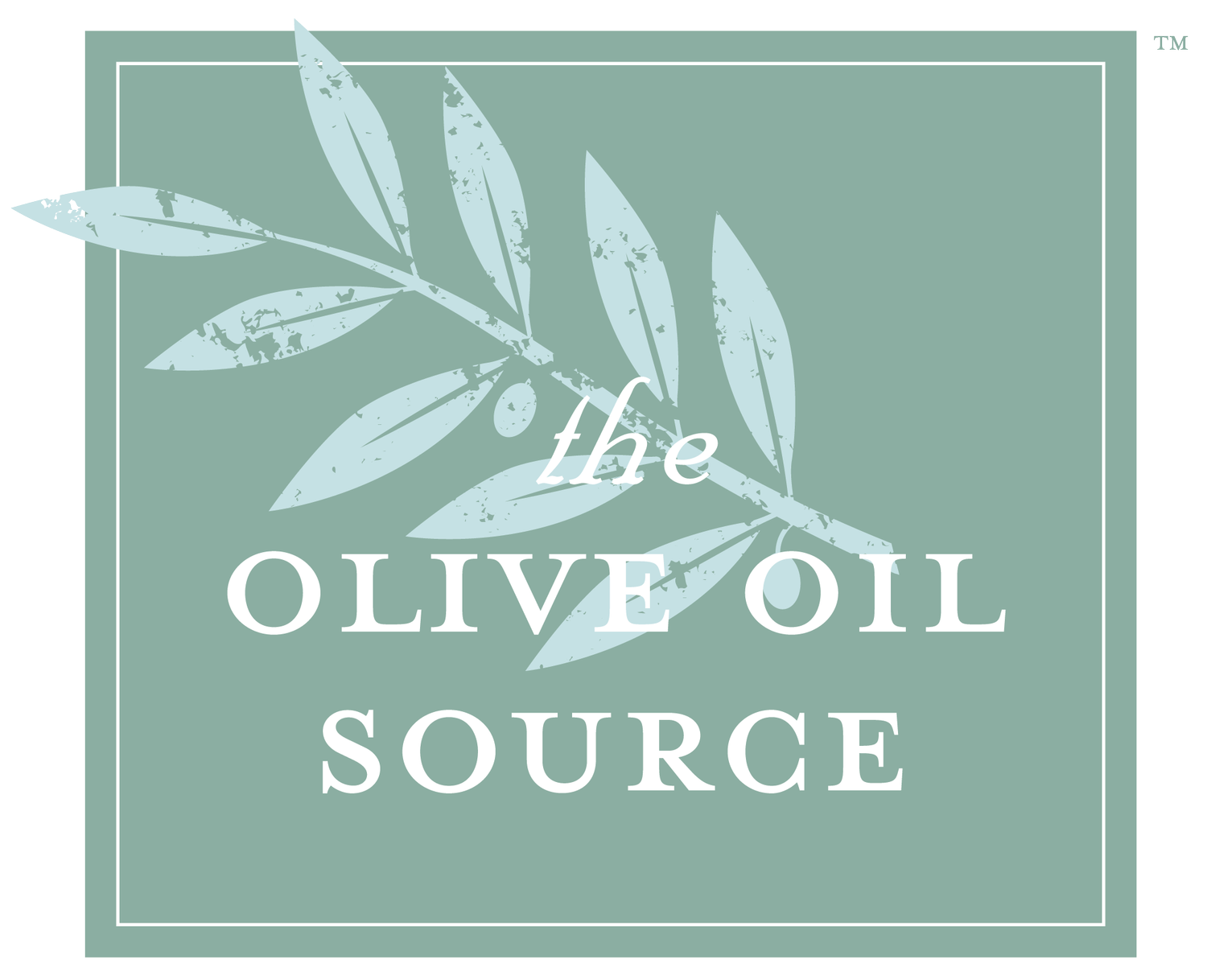Fake News
I have been following, at some remove, the steady flow of lawsuits in the olive oil industry, not in small part through The Olive Oil Times but also through other media. It is really a staggering lineup including so many of the giants like Deoleo, Filippo Berio, Safeway Inc., Capatriti (Kangadis), and the most recent additions to the list, J.M. Smucker Co./Transnational Foods Inc.
Something that caught my attention in these costly mudslinging exercises, however, were some of the statements made by Deoleo CEO Pierluigi Tosato as reported in Just-Food (7/13/18) and The Olive Oil Times (7/11/18). Mr. Tosato makes the excellent proposition of having a global standard for what constitutes E.V.O.O., even though there are some monumental hurdles to such an idea given geographic differences in the chemical composition of olive oil. This still does not seem like an insurmountable goal and could only be good for the industry.
Mr. Tosato goes on to say "Consumption (of olive oil) is falling because consumers have a lack of confidence and they don't trust anything". This is a statement that is hard to argue with given the number of suits listed above, the numerous reports over the years of Italian law enforcement breaking up adulterated oil operations, and studies like the infamous one conducted by U.C. Davis.
Deoleo's response to this confusion is where a substantial disconnect really begins for me. The Deoleo website, under a title of "official statement against fake olive oil news" goes to great lengths to disparage the U.C. Davis study stating, "Recently you may have seen false and defamatory online articles circulating, which make reference to various olive oil brands. The information these articles are based on is from a study made in 2010 by the University of California Davis Olive Center. This study was completely discredited." They do this making a case for why their products are legitimate. I find it hard to see how belittling a study by a reputable academic institution, and making allusions to it being fake news is ultimately going to clarify much for any consumer, though.
The Olive Oil Times astutely if a bit vaguely points out that:
"Industry observers note that it's those allegations, fake or not, that were the driving force behind changes at Deoleo and other major producers in recent years, and if it weren't for the Davis study and others just like it conducted around the world since then, it would likely be business as usual."
Looking back at 15 - 20 years of lawsuits, busts, and personal tasting of some pretty horrific olive oils labeled as E.V.O.O., I don't think the issue is really fake news or university studies that question the quality of products labeled E.V.O.O. The problem, it seems to me, is that there is a long track record of questionable product being marketed as E.V.O.O. Rather than trot out the now tired hue and cry of fake news and distraction tactics, maybe it is time to just market oil that is really E.V.O.O. even if it means sacrificing a bit on the sacred bottom line, and then consumers won't be confused.

